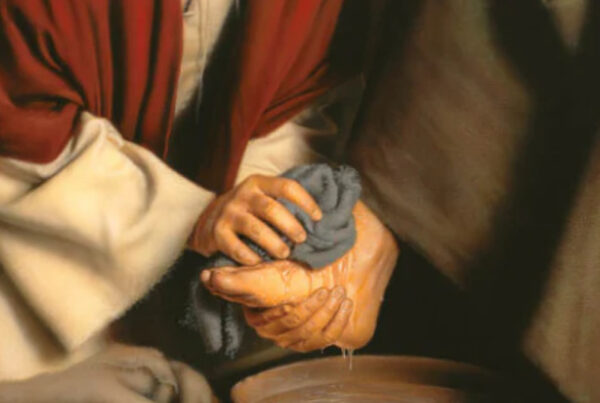DAY 9: Embracing Diversity in Ministry
Paul’s interactions with women in the early Christian movement reveal a complex dynamic of inclusion and restriction. Despite his directive for women to be silent in the churches (1 Corinthians 14:34–36), he was likely addressing specific concerns within the Corinthian congregation not mandated for the broader church. Paul acknowledged and appreciated the significant contributions of women to the ministry and saw them as equals in status and in their spiritual identity.
Chloe and Phoebe emerge as prominent figures in Paul’s ministry, with Phoebe identified as a deacon and benefactor. Romans 16 highlights the involvement of numerous women in the Christian movement, including Junia, Mary, and Julia, who played vital roles in advancing the gospel. Their active participation challenges traditional gender norms and underscores the importance of women in early Christian communities.
While Paul asserted his authority as the apostle to the Gentiles, he recognized the diverse array of missionaries and leaders within the burgeoning Christian movement. He maintained cordial relationships with fellow workers like Prisca, Aquila, Junia, and Andronicus, while expressing suspicion toward others. Paul’s interactions with Apollos and his condemnation of false apostles demonstrate the complexities of early Christian rivalries and disagreements.
Throughout history, Paul’s letters have been invoked in various Christian controversies, reflecting the ongoing dialogue surrounding issues of authority, diversity, and interpretation. Yet, amidst theological debates, Paul’s recognition of the diverse gifts and contributions of individuals, regardless of gender or background, remains a compelling example of inclusivity and mutual respect in ministry.
As we reflect on Paul’s approach to diversity in ministry, let us embrace the richness of God’s diverse kingdom, recognizing and celebrating the unique gifts and perspectives that each individual brings to the body of Christ.
Key Verses:
“I commend to you our sister Phoebe, a deacon of the church in Cenchreae. I ask you to receive her in the Lord in a way worthy of his people and to give her any help she may need from you, for she has been the benefactor of many people, including me.” ~ Romans 16:1–2
Questions to Ponder:
- How do Paul’s interactions with women in the early Christian movement challenge traditional gender roles and expectations?
- In what ways do Paul’s letters inform our understanding of authority and diversity within the body of Christ?
- How does Paul’s example inspire us to embrace diversity and celebrate the unique contributions of individuals within the church?


